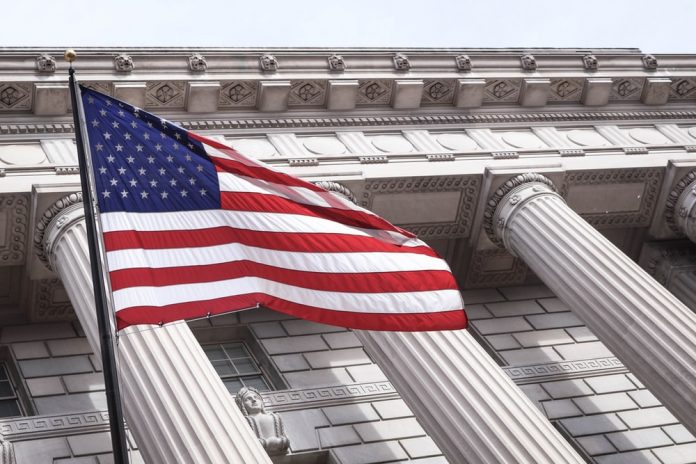Our public discourse and politics feel like they are about to explode, don’t they?
With the fallout from President Donald Trump’s impeachment trial coinciding with the beginning of the 2020 election cycle, the outlook for the future looks positively frightening.
But looks can be deceiving. While Congress, the Twitterati and talking heads on cable news are at each other’s throats, the idea that the general public is polarized is, to say the least, overstated.
As I’ve highlighted in other contexts, Pew finds that a whopping 44% of Americans now identify as independent — the highest percentage in the 75 years Pew has been tracking this number. By contrast, Pew found that only 27% identify as Democrats and 26% as Republicans.
A major 2018 study of political affiliation in the U.S. titled “Hidden Tribes” found, as The New York Times put it, that most people “do not see their lives through a political lens, and when they have political views the views are far less rigid than those of the highly politically engaged, ideologically orthodox tribes.” Indeed, two-thirds of U.S. residents belong to what the study described as an “exhausted majority” whose members “share a sense of fatigue with our polarized national conversation, a willingness to be flexible in their political viewpoints.”
While the gatekeepers of our public discourse have a financial interest in keeping us anxious and antagonistic, the actual data show that dialogue across difference is possible. Even hopeful.
We must, however, take care in how we go about doing it.
Back in 2012 I published a piece with five suggestions for civil discourse, including humility, solidarity, avoiding binary thinking and dismissive name-calling and, finally, leading with what you are for, not what you are against.
But I left out something really important, and I (re)discovered it again when I recently attended a conference put on by the Catholic lay group Focolare a couple weeks ago titled “A Hearth for the Human Family.”
The Focolare, which by statute must be led by a woman, came to be during the bombing of Trent, Italy, during World War II when the group’s founder, Chiara Lubich, and her friends huddled by the fire (Focolare means “hearth” in Italian) and opened the Bible to Jesus’ prayer “that all may be one.”
From then on, the Focolare would focus on unity, and especially on dialogue across difference, aimed at working toward that unity.
And, boy, has the group been successful. Focolare has brought a wide range of Catholic, Protestant, non-Christian and secular folks from all over the world into dialogue on many different kinds of issues, all the while keeping its members’ faith in Jesus, his blessed mother and the church at the forefront of their spiritual life.
The group’s outreach has been wide-ranging. In 1982, Lubich founded a School for Oriental Religions in the Philippines to foster understanding between Christians and followers of Hinduism, Buddhism and other Eastern religions. A long-standing relationship between Focolare and American Muslims began with her visit to the Malcolm Shabazz Mosque in Harlem in 1997.
Source: Religion News Service
All Content & Images are provided by the acknowledged source
